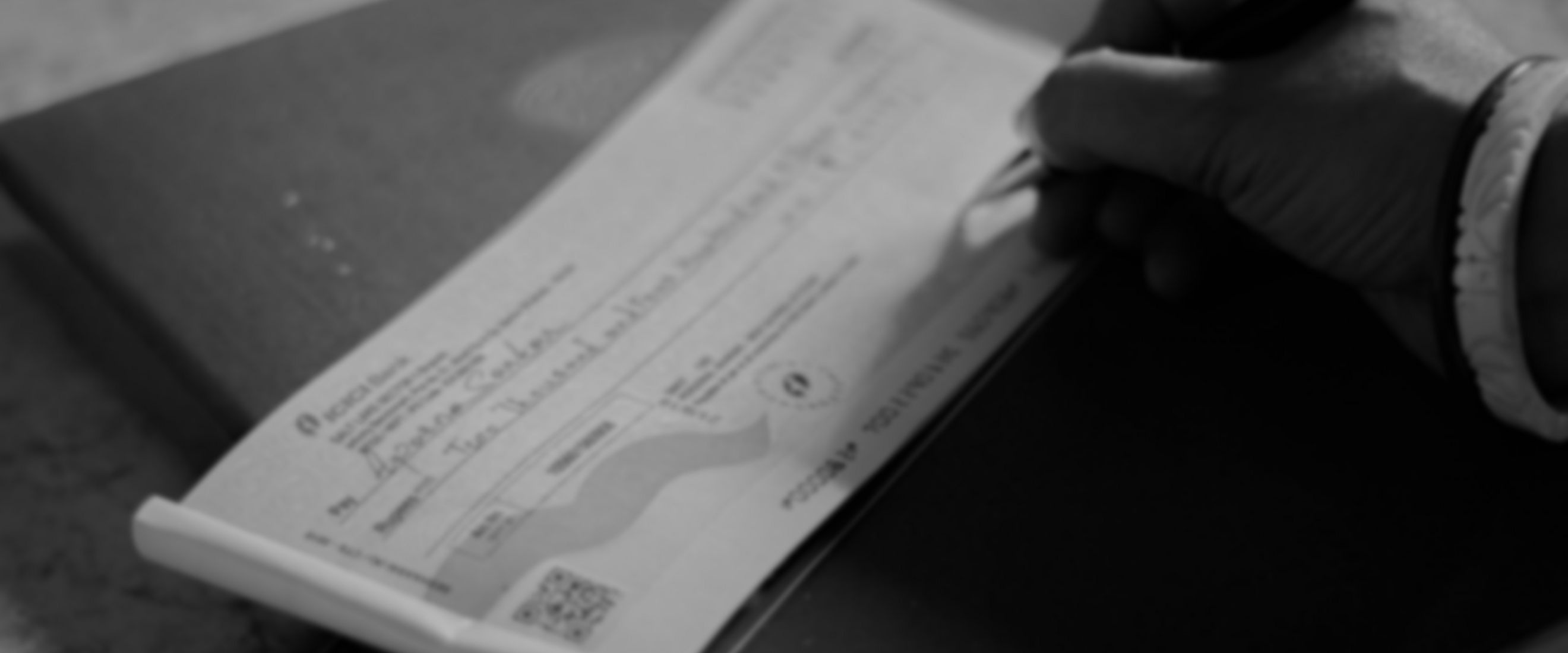Analysis
Supreme Court Frames Guidelines to Tackle Pendency of Cheque Dishonour Cases
There should be reasons for a summons trial, and testimony through affidavit is allowed. Multiple offences may be tried jointly.

In an order dated April 16th 2021, a constitutional bench presided over by CJI S.A. Bobde alongside Justices Nageswara Rao, B.R. Gavai, A.S. Bopanna and Ravindra Bhatt issued directions to all the High Courts on disposal of cheque dishonour cases. These directions addressed the delay in disposal of cases filed under section 138 of the Negotiable Instruments Act, 1881 which deals with the dishonour of cheques for insufficiency of funds.
While the Court was hearing a Criminal Petition submitted in 2016 on dishonour of cheque, it noted the general delay in adjudication of related cases. As of December 31st 2019, 35.16 lakh cases were pending under section 138. To tackle the issue of pendency and formulate guidelines for speedy disposal of cheque dishonour cases, a constitutional bench led by CJI Bobde on the February 25th 2021 decided to take up a suo moto petition. The Court appointed Mr. Sidharth Luthra and Mr. K. Parameshwar as amici curiae.
The matter was listed for March 3rd which is when hearings began. On the first date of hearing the bench took the opportunity in their order to demarcate the extent of the problem. The bench highlighted that 30-40% of the pending cases in the high court were cases of cheque dishonour. In the order dated 10th March, 2021 the bench set up a committee to present a report on the steps to take to facilitate early disposal of cases under the Negotiable Instruments Act.
Reasons for Conversion of Trial Complaints Must be Recorded
The order identifies the service of summons on the accused under section 138 as one of the primary reasons for delay. The Magistrate is empowered to convert summary trials to a summons trial if there is a possibility that the sentence given would exceed one year. The Magistrate is required to record reasons for conversion to a summons trial as per section 143 of the N.I. Act. However, the Amici Curiae noted that these conversions were being done by the Trial Courts routinely without applying or recording cogent reasoning.
This causes significant delay as summary trials are far less time-consuming in its process due to the offences being decided upon being minor. This allows for a far shorter procedure.
Accepting these reasons submitted, the Supreme Court in the order requested the High Courts to issue directions to the Magistrates to record reasons for any conversion of trial complaints under section 138.
Witness Testimony Through Written Affidavits Sufficient
The second issue detailed by the order was that of the ability of the Magistrate to conduct an inquiry as per section 202 of the Criminal Procedure Code. There was brief discussion on whether section 202 applies to complaints regarding section 138 of the N.I. Act. The bench agreed with the Amicus Curiae who recommended that inquiry shall be conducted for complaints of this nature to arrive at sufficient grounds to proceed against the accused.
The Amicus Curiae also recommended that examination of witnesses should be permitted over an affidavit as opposed to the Magistrate examining them personally in each instance. This is currently mandated by section 202(2) which allows for evidence to be taken under oath which compulsorily requires physical presence.
This was argued by invoking section 145 of the N.I. Act as its primary purpose is to speed up trials under section 138. The court agreed, making section 145 of the N.I. Act an exception to section 202 of the Code. This now allows the Magistrate to examine documents including affidavits from witnesses, in order to proceed with the inquiry under section 202.
Multiple Offences to be Tried Jointly
The Amici Curiae submitted that section 219 of the Cr.P.C should be suitably amended in order to allow for more than three offences to be tried in conjunction if they were a part of the same transaction and are of the same kind. Prior to this the section capped the number of offenses that can be tried at once to three if they were committed in the space of 12 months. The Court accepted this contention and recommended that a provision be included in the N.I. Act allowing more than three offences of the same kind to be tried jointly if they were committed within the last 12 months.
The Court also accepted the suggestion of the Amici Curiae regarding service of summons. Here, it was submitted that when trial courts issue summons for one complaint under section 138 that is part of a transaction, it should be seen as a summons for all the complaints received as a part of the same transaction.
Inherent Powers of the Magistrate
The court rejected the contention that trial courts should be given the power to review or recall the process initiated under section 138 of the N.I. Act. In the case of a lack of jurisdiction by a trial court to issue a process under section 138, the Supreme Court and the Amici Curiae were in agreement that the proceedings were to be stayed and submitted to a Magistrate with jurisdiction.
Finally, the Bench took the suggestion of the Amici Curiae and requested the High Courts to identify pending revisions arising from complaints under section 138 and subsequently refer them to mediation.
The Court also constituted a committee to consider the suggestions made by the Amici Curiae as well as any other issues that may become evident during such consideration. This committee was formed with Justice R.C Chavan, formerly a judge in the Bombay High Court, as its Chairman. This committee has been directed to deliberate the necessity of additional courts in order to try complaints under section 138 of the N.I. Act.